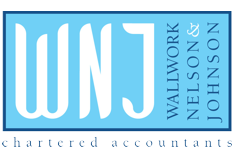Pressure still on but grounds for cautious optimism
Companies are tightening their belts as cost pressures increase but there is still cautious optimism in the air.
Rising interest rates and high costs have forced many firms to cut spending, freeze pay increases and restructure operations as they grapple with cost pressures, new research shows.
A survey of 605 UK mid-sized businesses found that 52 per cent had already frozen salary increases, with a further 36 per cent planning to do so.
Almost half had also frozen workforce bonuses and cut staff numbers. Many companies also revealed they had frozen recruitment.
However despite the economic landscape, businesses continue to look for solutions to improve performance. More than half of those quizzed have invested in productivity, efficiency and automation, with large numbers looking to go down the same route.
And the latest official figures have shown a slight real wage increase for the first time in more than a year, coupled with a fall in energy costs and usage over the summer, which could mean that consumers will soon have more disposable income to spend.
Simon Gray, head of business at the Institute of Chartered Accountants in England and Wales (ICAEW), said: “The survey findings echo sentiment we hear through ICAEW member networks.
“Businesses have faced a squeeze on margins due to rising input costs, including pay awards, alongside difficulty in passing on price increases.
“Costs have come sharply into focus as businesses continue to grapple with a challenging economic environment.
“There are signs that recruitment activity has cooled and companies that will have already awarded pay increases in response to the cost-of-living crisis may find continued awards unsustainable.”
Almost three quarters of the businesses surveyed anticipated raising additional funds over the next year to tackle cost pressures. However, a significant majority also expect lending terms to be much tighter.
Simon Gray added: “Businesses have reported a ‘wait-and-see’ approach to investment driven by ongoing economic uncertainty and challenges in accessing and servicing finance, which has curbed productivity gains that could come from technology and automation.
“There is appetite for investment, but many companies appear to be holding fire until conditions improve.
“ICAEW’s Business Confidence Monitor (BCM) is back in positive territory with all eyes now on Q3 results. As winter approaches, businesses remain cautious about the potential for energy price rises and any further increase in interest rates.”
• To discuss any issues raised by this article please contact me on 01772 430000

